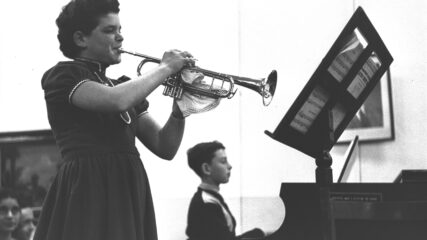The United Nations establishes its Special Committee on Palestine, known as UNSCOP, to study and propose options for the future of British Mandatory Palestine. The committee’s formation comes in response to a British request for the world body to resolve the situation in an increasingly violent Palestine, where both Jews and Arabs oppose the British presence.
UNSCOP has members from 11 nations: Australia, Canada, Czechoslovakia, Guatemala, India, Iran, Netherlands, Peru, Sweden, Uruguay and Yugoslavia. The committee has several tasks: conducting an investigation with testimony from all relevant parties, considering the religious interests at play and preparing a report to present to the General Assembly. The committee is given broad powers to set its own rules and is asked to report to the secretary-general by Sept. 1. Zionist leaders cooperate with the committee, but the Arab leadership does not.
UNSCOP recommends the termination of the British Mandate and independence for Palestine after a transition period. The committee’s majority report, endorsed by all members except Iran, India and Yugoslavia, calls for a partition of Palestine into Arab and Jewish states. Its minority report, presented by the remaining three members, proposes one federal state with an Arab majority. The Jewish Agency endorses the partition plan; the Arab Higher Committee rejects both proposals.
The U.N. General Assembly enacts most of the majority report in Resolution 181 on Nov. 29, 1947.



